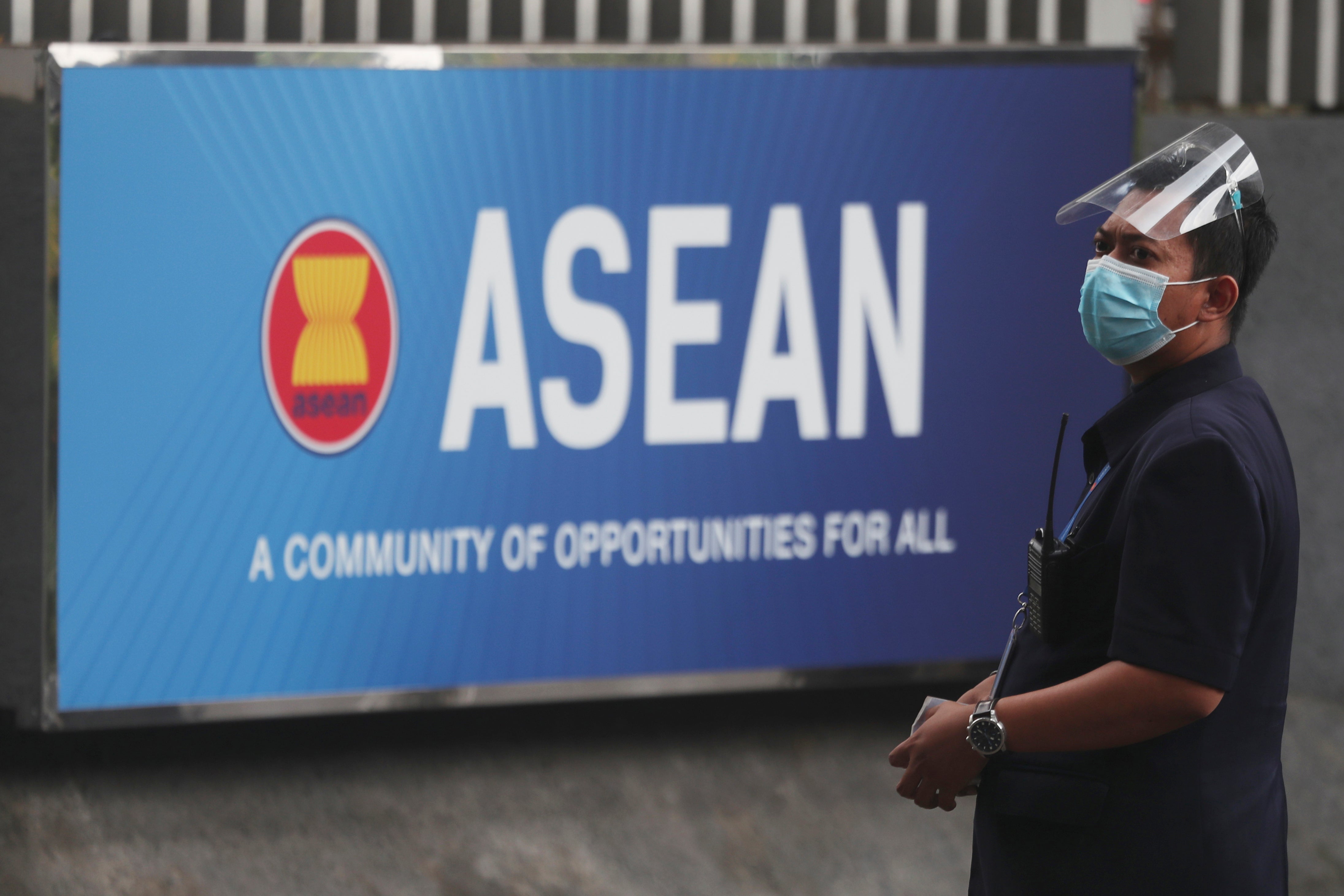Widodo calls for ASEAN travel corridor to bolster recovery
Indonesian President Joko Widodo has urged Southeast Asian countries to speed up plans to create a regional travel corridor to help revive tourism and speed up a recovery from the economic damage of the pandemic

Your support helps us to tell the story
From reproductive rights to climate change to Big Tech, The Independent is on the ground when the story is developing. Whether it's investigating the financials of Elon Musk's pro-Trump PAC or producing our latest documentary, 'The A Word', which shines a light on the American women fighting for reproductive rights, we know how important it is to parse out the facts from the messaging.
At such a critical moment in US history, we need reporters on the ground. Your donation allows us to keep sending journalists to speak to both sides of the story.
The Independent is trusted by Americans across the entire political spectrum. And unlike many other quality news outlets, we choose not to lock Americans out of our reporting and analysis with paywalls. We believe quality journalism should be available to everyone, paid for by those who can afford it.
Your support makes all the difference.Indonesian President Joko Widodo has urged Southeast Asian countries to speed up plans to create a regional travel corridor to help revive tourism and speed up a recovery from the economic damage of the pandemic.
Citing U.N. and World Trade Organization data, Widodo said Monday that the level of restrictions in Southeast Asia was the highest in the world. With coronavirus cases in the 10-member Association of Southeast Asian Nations now declining, those limits should be eased to allow people to travel more freely, he said.
Speaking at a regional business forum Widodo urged immediate adoption of a regional travel corridor, a concept initiated by Indonesia in 2020, that would include faster immigration lanes, recognition of vaccine certificates and standardized health measures for departure and arrival, among other things.
“After 20 months of facing the daunting COVID-19 pandemic, we now see a light of hope. In the past week, COVID-19 cases in ASEAN fell by 14%, far exceeding the global average, which fell by 1%.,” he told the forum organized ahead of a three-day ASEAN leaders summit, which starts Tuesday.
“With the COVID-19 situation getting more under control, these restrictions could be eased, mobility could be relaxed, while also ensuring that it’s safe from the risk of the pandemic," he said.
“If all ASEAN countries immediately facilitate the safe mobility of people, the wheels of economy shall soon run again," he said.
Intra-ASEAN travel typically accounts for around 40% of travel in the region and is key to reviving tourism in the region.
Some countries, including Thailand, are cautiously moving to reopen to international tourism.
Indonesia re-opened its holiday resort island of Bali to foreign tourists this month after more than 80% of its population was fully vaccinated. Widodo said the government plans to gradually open other areas once the national vaccination rate, currently at 24%, exceeds 70%.
Widodo called for more equal distribution of vaccines to ensure that at least 70% of ASEAN's more than 600 million people are inoculated. Vaccination is uneven in the region, with Singapore, Malaysia and Cambodia moving the fastest with over 70% of their population inoculated and Myanmar at the bottom with less than 10% vaccinated.
Widodo said ASEAN, as the region with the fastest growth in internet use in the world, should also expand its digital economy for future growth. The value of Indonesia’s digital economy value is expected to reach $124 billion in 2025 or equivalent to 40% of the total value of Southeast Asia’s digital economy, he said.
“Our rapid steps together in handling health challenges, reactivation of safe travels, as well as acceleration of a fair digital economy, will become our common gateway to recover and advance together," he added.
ASEAN leaders will hold a three-day annual summit from Tuesday. Myanmar’s top general, whose forces seized power in February, was not invited after failing to take steps to end the deadly violence that followed the military takeover.